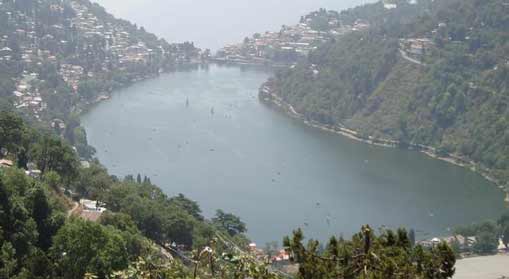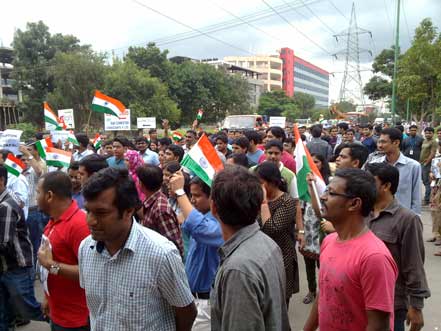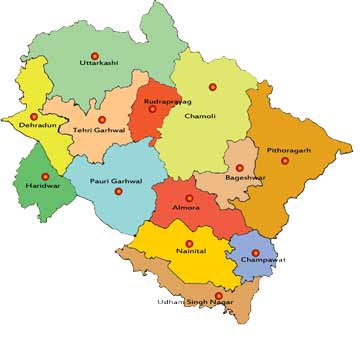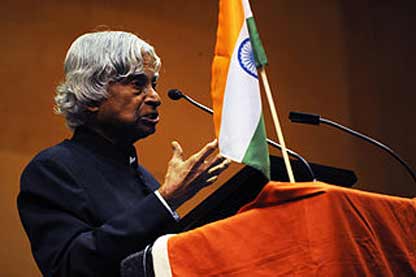Do we need a smart city or a better city?
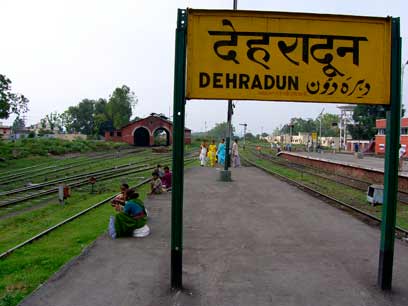
Ever since Prime Minister Narendra Modi put forward his vision of “Smart city”, the term never fails to crop up somewhere or the other almost every week. Although selected in the top 100 list of cities that will be developed into a smart city last year, Dehradun was snubbed in the shortlist of 20 cities to be taken up for the project in the initial phase recently.
Failing to make the cut actually might prove to be a blessing in disguise as most of the Doonites agree that constructing a smart city by removing the tea estate from the city is not a solution to the problem. Ever since becoming the state capital in the year 2000, the city of Dehradun has undergone rapid changes. Old timers recall how once the sleepy town famous for its schooling and bakery products was a haven for retired military personnel’s; but 16 years since its inception as a state capital has seen the city undergo a complete facelift. The once famous Basmati rice fields have given way to multiple housing projects, the Rispana and Bindal rivers have all but dried up, the canal system that once criss crossed the city has now gone underground.
Many of us who have grown up reading Ruskin Bond’s novels would remember how he never failed to mention the quintessential litchi and mango tree present in every home in the Doon valley. That sight now is a part of story books only.
Perhaps it is less shocking to know that Dehradun got the lowest score (38) out of the 100 cities that were selected for the smart city project given the fact that the government had sent a proposal that essentially meant wiping out the tea gardens to create a new township.
The main problem with the government’s plan is that they are still not learning from their mistakes. What good is a free WiFi if you lack the basic internet speed to back it up? On paper we are a power producing state having the Tehri dam as our proud achievement, but the reality is we still face long duration power cuts. Lakhs of tax payers rupees are spent on first creating or mending roads where not even once does the politician forget to add his/her name in bold on an indicator board highlighting their achievement but the telephone operators then suddenly remember to lay the telephone wires or the water works department decides to lay down the pipelines once the road is finished thus the road construction is a 12 month long cycle.
If the government really wants a smart city why not launch an application or a portal that keeps track of people’s files at government offices instead of inaugurating umpteen apps that tell the weather.
The government should also consider the pollution level in most Chinese cities when hiring Chinese experts as smart city planning consultants. No doubt Chinese economy has seen rapid growth, but that growth has come at a price, the pollution levels in most of the concrete jungle created in the land of the dragon exceed the very high level almost every day, and yet our government wants to follow in those footsteps by constructing new townships in an eco sensitive zone.
19th century Paris was facing a somewhat similar type of problem, rapid unorganized construction had seen the city run out of space to accommodate more people, so they hired a guy named Georges-Eugène Haussmann, his solution- he destroyed almost 80% of old Paris and built it a new one from the ground up. While such type of solution is not possible in modern times, several projects like water projects to recharge the water tables of the city, digital mapping of the city to help remove the problem of severing of lines during road construction process, file management portal so that the common man doesn’t have to run from one babu to another to know the status of their file should be implemented to make the city better.

